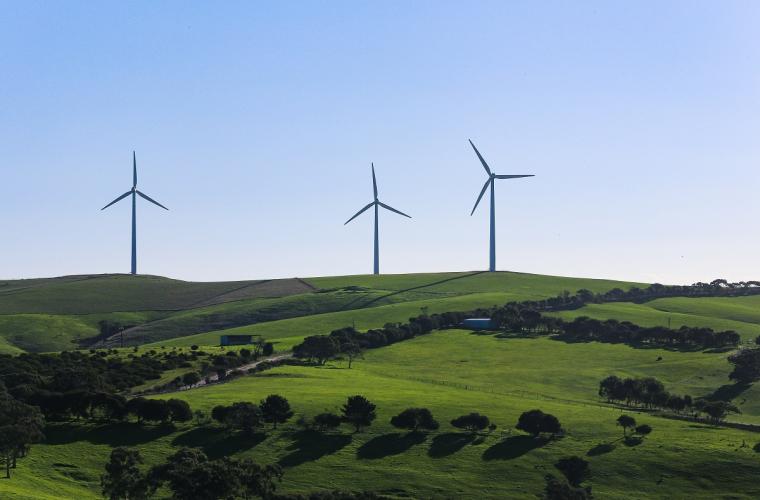The LGA’s survey found 40 per cent of residents trusted their council most to address the climate emergency, followed by the Government (28 per cent) and world leaders (15 per cent).

Local councils are trusted the most to take action on climate change and make a difference in local areas on reducing carbon emissions, according to new polling by the Local Government Association.
The LGA’s survey found 40 per cent of residents trusted their council most to address the climate emergency, followed by the Government (28 per cent) and world leaders (15 per cent).
Councils know their villages, towns and cities best, and are working with local communities to improve lives on a daily basis. The LGA says this is where councils can play a fundamental role in tackling climate change.
The findings come as COP26 today holds a dedicated local and regional government day – the Cities, Regions and the Built Environment Day – as called for by the LGA.
The LGA, which represents councils, wants the Government to use the summit in Glasgow to enhance the role of councils, providing the powers and funding to decarbonise building stock, reduce greenhouse gas emissions from transport and deliver clean energy projects.
It has set out an ambitious plan for councils to deliver green infrastructure projects in local communities.
With the right investment and support, the LGA’s plan would see councils:
- Retrofit over 1,000 homes a day with low-carbon efficiency measures by 2030, reducing energy bills by nearly £700 million a year
- Install 2.2 million more heat pumps by 2030 in fuel-poor homes, local authority owned-homes and new council houses
- Save the NHS £1.9 billion a year with warmer and more comfortable homes and buildings
- Support almost 31,000 new, skilled jobs in the construction and retrofitting industries
Cllr James Jamieson, LGA Chairman, said:
“Today is an important day at COP26, as attention turns to local leaders who are on the frontline in the fight against climate change.
“As leaders of local communities, it will be local governments in our cities, towns and rural areas across the world who will be driving the collective action required to address the climate emergency.
“The Prime Minister rightly said we are at ‘one minute to midnight’ and time is fast running out.
“This is why it is vital the Government acts fast and uses COP26 to give councils the powers and resources to deliver the green infrastructure projects that will make a difference in local communities and help achieve net zero by 2050, if not sooner.
“Our ambitious plan shows how councils can go further and faster tackling climate change, and as our polling shows, councils are the ones who are trusted the most to get on and deliver for their residents.
“Councils are rooted in their places where people live their lives and businesses do their business, and know their communities better than anyone else. This is why they are best-placed to lead the way towards a net zero future.”
Notes to editors
1) The LGA polled 1,000 people as part of its latest Residents Satisfaction Polling.
It asked: Thinking specifically about the environment, who do you trust most to take action on climate change, such as on transport, housing and education, and make a difference in your local area?
403 (40 per cent) said their local council, 275 (28 per cent) said the Government, 151 (15 per cent) said world leaders, 154 (15 per cent) said none of above, 17 (2 per cent) said don’t know.
2) The LGA has set out the case for how councils can go further and faster in delivering net zero in a new report – Delivering local net zero
3) The LGA and UCL’s Net Zero Innovation Programme (NZIP) is one of 12 projects to have been shortlisted for the Climate Challenge Cup, a new international competition celebrating transformative civic research partnerships in the UK and US to combat climate change. The NZIP brings together partnerships of researchers and local authorities, supporting them to develop projects which address local climate challenges.
4) The LGA runs a Climate Change Sector Support Programme to help councils to reach their local carbon reduction and adaptation goals, funded by the Government.
